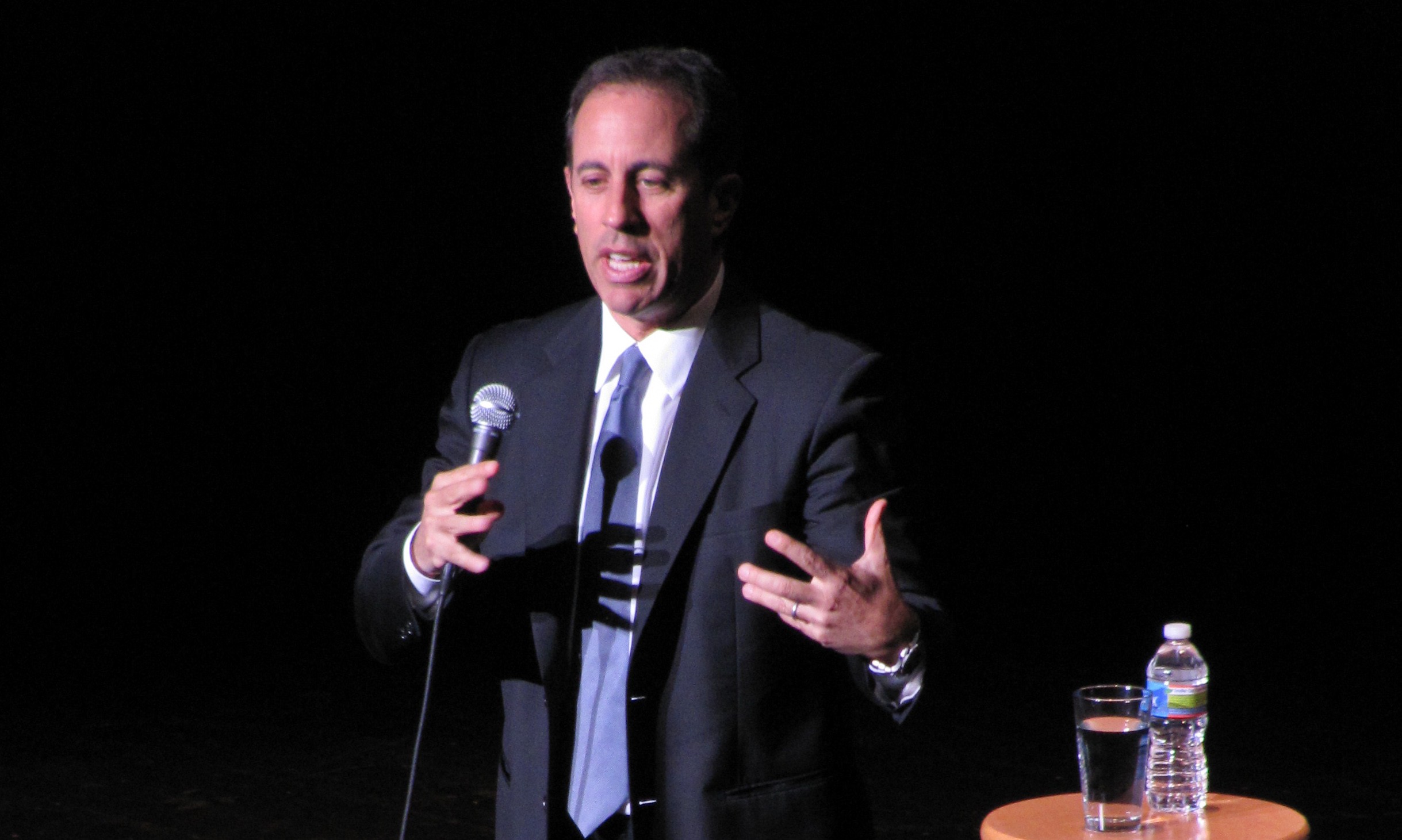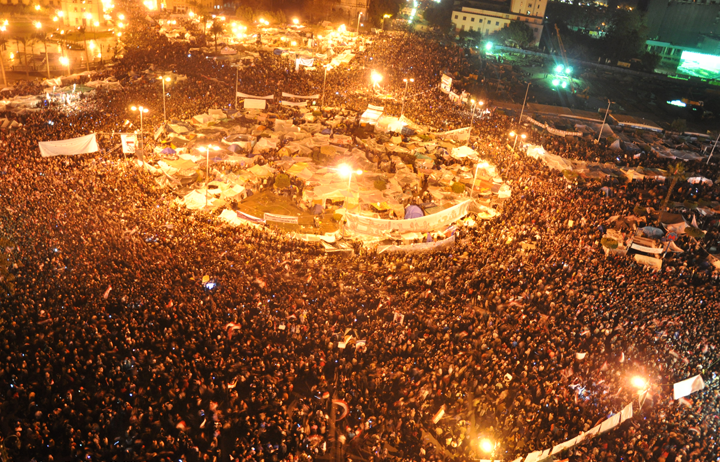The president’s power to pardon has been enshrined in the Constitution ever since it was first ratified at the Constitutional Convention of 1787. Among the convention’s Framers, it was Alexander Hamilton who argued most fervently for the existence of pardon powers. Hamilton argued in Federalist 74 that the president’s ability to grant clemency and pardons would be essential for the United States’ future ability to reconcile the nation in times of crisis and to reprieve egregious miscarriages of justice.
Hamilton’s original vision for the pardon has been realized many times throughout American history. For example, Franklin Pierce pardoned Noah Hanson, a free Black man who helped slaves escape on the Underground Railroad in 1854, and Abraham Lincoln reconciled Confederate soldiers by pardoning those who reneged on the Confederacy and swore allegiance to the Union in 1863. Pardons by recent presidents, however, have illustrated a backwards trend of pardoning friends, family, or close loyalists for dubious reasons. Most recently and perhaps most egregiously, Donald Trump pardoned the January 6th insurrectionists, clearly superseding America’s rule of law in one of the most norm-breaking pardons since Gerald Ford’s pardon of Richard Nixon in 1974.
As the scope of the pardon has bloated substantially beyond what Hamilton and the Framers intended, it is essential that the power of the pardon be weakened through the amendment process. In fact, Hamilton himself noted two important restrictions on the president’s pardoning power in Federalist 74: that the pardon could not be used in cases of impeachment, and that the pardon should only be used in exceptional cases. Only the former is enshrined in the Constitution. While some Founders argued that pardon powers be granted to multiple people to force deliberation and avoid the pardon’s abuse, Hamilton disagreed, believing that political parties would pardon based on ideology and not ethics; further, Hamilton believed the responsibility of the pardon was so huge that the president would naturally exercise “scrupulousness and caution” due to the threat of reelection and public opinion.
It is clear that Hamilton’s prediction was inaccurate, and the conditions of the pardon must urgently be reassessed. Besides Trump pardoning the perpetrators of his own insurrection and Biden’s pardon of his son, many presidents of both political parties have been guilty of granting unwarranted pardons for dubious reasons. For example, Barack Obama fully pardoned Willie Shaw Jr., who was imprisoned for armed robbery of a bank in 1974, and George HW Bush pardoned those involved in the Iran-Contra Affair.
The most glaring first step in amending the pardon clause would be to clearly delineate that the president should not be able to pardon members of his family, members of his Cabinet, or other officials he appointed, based on the principle that such a pardon can never be fair-minded or impartial. Just as judges and jurors are required to recuse themselves when they are acquainted with the accused, a president should be constitutionally mandated to recuse himself when asked to pardon family members or his officials. Of course, it is extremely difficult to find impartial judges and juries in high-profile cases, but it has been done before, such as in Derek Chauvin’s trial or Trump’s legal cases. The lack of this safeguard has caused numerous unjustifiable pardons, such as Bill Clinton’s pardon of his half-brother for cocaine use or Trump’s pardon of Charles Kushner, his co-father-in-law, for tax evasion and campaign finance mismanagement.
Secondly, the Constitution should clarify that a president cannot pardon himself, as the Constitution does not explicitly prohibit the so-called “self-pardon.” Critics argue that a president may be subject to dubious lawsuits or indictments that might force a self-pardon due to the inherent prominence of the presidency. This is unlikely, as the presidency has developed numerous mechanisms to protect the president from such attacks over time, such as implied executive privilege or the presidential immunity granted in Trump v. United States. These mechanisms are perhaps why the self-pardon has never been attempted by a president; regardless, an attempt at a self-pardon would still be an abhorrent endeavor to violate the country’s rule of law. Just like any other citizen, a president should not be the judge of his own case.
These two mechanisms cover cases in which a president attempts to pardon himself or someone he is close to, but they do not cover cases in which a pardon simply cannot be justified. In such a case, the Constitution should be amended such that if two thirds of the Senate and House object to a questionable pardon, the power to pardon the individual is instead granted to the Supreme Court.
Such an amendment does two things: it allows the Legislative branch to check an unrestrained Executive power, and it ensures that the Supreme Court has jurisdiction over uncharted pardon-related territory, such as Trump’s pardon of the January 6th insurrectionists. Further, the two-thirds requirement means a moderate degree of bipartisanship is necessary to challenge pardons, meaning a president’s opposing party cannot perennially challenge the president. Allowing the Supreme Court such jurisdiction could have established judicial precedent for Ford’s pardon of Nixon or Jimmy Carter’s pardon of Vietnam draft dodgers, both of which were wide-sweeping, impactful pardons that had never been tried before.
Note that none of these propositions would hinder the pardon from its intended use. A virtuous president would still be able to pardon individuals to reconcile the nation or in cases of extreme judicial grievances. Further, as Hamilton also noted in Federalist 74, the pardon serves the important function of checking the criminal justice system and unjust laws that may come with it.
Unjust pardons should be checked just as much as unjust laws. While it was enshrined in the Constitution for virtuous reasons, the use of the pardon by recent presidents is an archaic remnant of a tyrannical past and a grim reminder that American rule of law is not invincible from the whims of a brash president. As it has been 27 times since its ratification, the Constitution must be additionally amended to weaken the presidential pardon.



